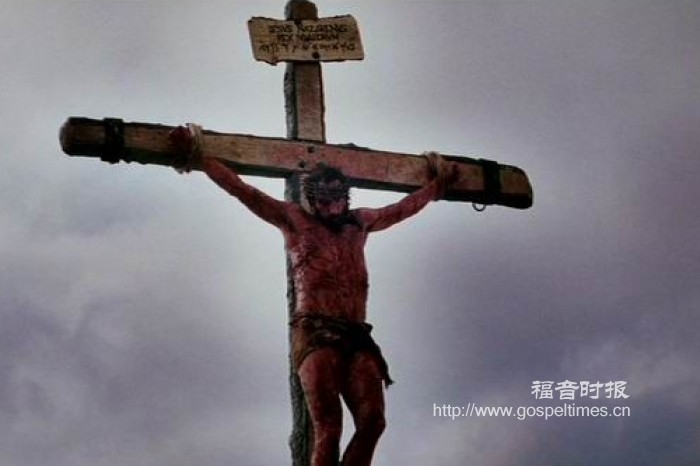Passion Week is the week prior to Easter on the liturgical calendar.
The week can be divided into Palm Sunday, Holy Monday, Holy Tuesday, Holy Wednesday, Maundy Thursday, Good Friday, and Holy Saturday.
Good Friday is the date when Christians commemorate Jesus' crucifixion. Churches in China usually have a Good Friday service to commemorate this day.
The passages in the Bible about Good Friday can be read in Matthew 27:1-61, Mark 15:1-47, Luke 23:1-55, and John 18:28, 19:42..
Some churches preach about "Jesus' seven final words on the cross." Chongwenmen Church, Gangwashi Church, and Fengtai Church in Beijing, Shanghai Community Church, Mochoulu Church in Nanjing, and others have shared these passages.
The first saying
"Father, forgive them; for they do not know what they are doing." (Luke 23:34)
Christ sacrificed His life on the cross to save humanity from sin. The cross of Christ is the cross of salvation, as well as the grace for humanity. When Christians evangelize, they must first say that the grace of the cross is salvation, not healing of illness. No person can offer the grace that comes from God. It was bought with His life. People can help others with money and easing difficulties, but they cannot help with sin. Only the blood of Christ on the cross has the power to forgive the sin which everyone has.
The second saying
"Truly I tell you, today you will be with me in Paradise." (Luke 23:43)
Just like the criminals who Jesus said this to, everyone deserves to die. No one on Earth is righteous because all have sinned. The reason the criminal could be in paradise with Christ, even after committing such great sin, is that he was willing to confess before the Son of God that he deserved his punishment. He accepted the fair trial of God, but he also asked "Jesus, remember me when you come into your kingdom." This showed that he looked forward to the kingdom of God, and Jesus replied immediately. Everyone needs to confess and repent daily before God so that if they are about to leave this world, their spirits can be in paradise.
The third saying
"He said to his mother, 'Woman, here is your son.' Then he said to the disciples, 'Here is your mother.'" (John 19: 26-27)
Some say that Christians do not value filial piety. Some even use Scriptures and the lack of ancestor worship to say that Christians are ungrateful, but what Jesus said disproves this claim. People tend to care only for themselves when they are miserable, and have little attention for others. Jesus, however, still cared greatly for His mother even while in great pain. He felt the pain of His mother, who was about to lose her son. He was the model of filial piety.
The fourth saying
"My God, my God, why have you forsaken me?" (Matthew 27:46)
Jesus bore everyone's sins upon the cross and endured the pain of separation from the Heavenly Father. He took the pain of sin so that man can be with God.
The fifth saying
"I am thirsty." (John 19:28)
This not only meant physical thirst; but, spiritual. Jesus longed for sinners to return to the Father, to be of one mind in the church, and for Christians to live a life with love.
The sixth saying
"It is finished." (John 19:30)
This is the simplest yet most important among the seven sayings. It is the declaration of His triumph, that all nations shall kneel down and return to God and his salvation would be preached to the end of the world.
The seventh saying
"Father, into your hands I commend my spirit." (Luke 23:46)
Lord Jesus entrusted His most precious spirit to the Father fearlessly and clearly. Our Lord delivered a lesson on trust for Christians while on the cross.
Translated by: Grace Hubl












